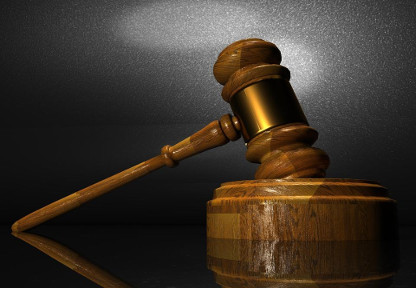The Federal Fair Debt Collection Practices Act provides for the protection of consumers from unfair debt collection practices. The Texas Debt Collection Act advocates for the same protection but goes a step further to regulate the manner in which debt collection is practiced within the state of Texas.
The Federal Fair Debt Collection Practices Act and the Texas Debt Collection Act are two pieces of legislation that basically serve the same purpose of protecting consumers from illegal debt collection practices including harassment and abuse. Both Acts prohibit the following:
1. Calls at work, if the collector has reason to know that the employer does not permit such calls
2. Call before 8am and after 9pm, unless the collector is aware that those times are convenient to the debtor
3. Unfair ways of collecting or attempting to collect a debt
4. Any conduct to harass, abuse or oppress the debtor
While the two Acts agree on the above points the Texas law sets out guidelines for debt collection in Texas:
Any debt collection company attempting to collect debt within the state of Texas must be bonded and licensed to do so. Failure of the company to maintain active surety bond, warrants grounds for immediate ceasing of collection activities and reporting to major credit bureaus
A debt collector must validate a debt within 30 days of instruction to collect and/or a request for validation being made by the debtor.
Debt validation is in accordance with the Texas Finance Code Section 392.202; which requires the debt collector to provide the alleged debtor with specific information regarding their debt which includes but is not limited to the following:
1. Name of original creditor
2. Original date of default
3. Date the debt was transferred from the original creditor to the third party debt collector
4. The original balance
5. The current balance
6. Surety bond information
In the event the debt collector fails to validate the debt within the 30 days, the debt collector inadvertently admits that the debt is inaccurate and thus has 5 days to cease all debt collection activities and remove all credit bureau listings.
Failure to meet the 5 day deadline means the debt collector agency is in violation of Texas debt collection laws and is subject to civil and criminal penalties and are legally obligated to permanently cease collection activities and remove the listing from the person’s credit profile with national reporting bureaus.
The debt collector agency must have proof that the person they are intending to collect from is indeed the debtor in question.
A third party collection agency that violates any provision of the Texas Finance Code is liable to civil and criminal penalties which may include monetary compensation to the victim.
The debt collector company cannot at any point engage in abuse, threats, coercion, misrepresentation, fraud, harassment, unfair means, and deception to collect debt.
The debt collection company must provide proof that they have the authority to collect fees, interest or expenses above the original balance; such proof may be a signed document by the debtor.
[paypal-donation]













